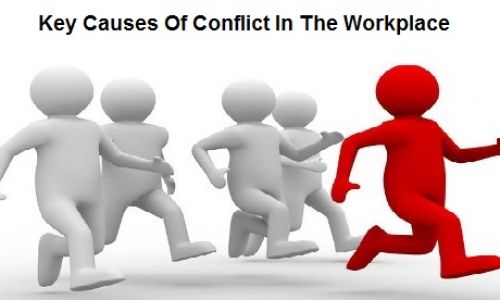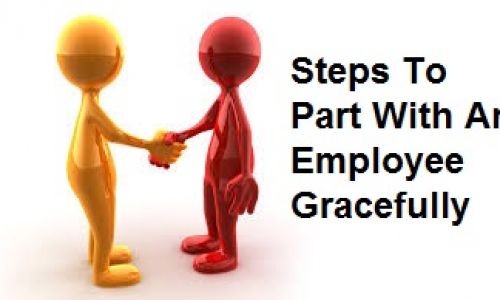Conflict is a part of life and is as normal as breathing. As human beings we are so unique from each other with different needs that it is amazing we don’t have more disagreements!
Maybe one of the reasons why we don’t have more arguments is that we have many more things in common than the areas we disagree on. Another reason for not voicing our unhappiness could be that we understand the root causes and so ignore the conflict behaviours.
In this article we aim to help you discover seven possible root causes for conflict.
1. Personality Clashes
If you have read our articles on Managing Different Personalities you will have learned how different the behaviours can be and how they can be in direct conflict to your own. The key here is recognising these differences for what they are and not regard them as a direct challenge to you and your authority.
2. Protection Response
Most people are aware of our basic instinct for ‘fight or flight’ in difficult situations. This means that sometimes people will naturally choose to fight causing conflict with another person. And when we say ‘choose’ this might not be a considered choice and will be made instantaneously. This also means we may make the wrong choice. Hands up if anybody thinks they will never make a wrong choice again!
3. Pressure Points
Everybody has pressure points or trigger points that will result in them reacting to a particular situation. In some cases this might be a particular word that triggers strong emotions and behaviours. For some this might be the word ‘lazy’. Many people do not want to be regarded as lazy and if this is said or implied then it can evoke a reaction.
4. Previous Experiences
Bad experiences in their career or even their life as a whole can influence the way people react. Being treated badly by a previous manager can often result in people ‘learning’ from this situation and acting differently next time so that they are not taken advantage of.
5. Personal Problems
Although some heartless managers say you should not bring your personal problems to work, sometimes this is unavoidable. Even if we don’t make an obvious demonstration of our emotions, it will still affect our levels of motivation and therefore performance. It also means that a sudden conflict situation may arise without warning and seemingly without cause.
6. Points Of Principle
Our behaviours and motivations are usually driven by our values and beliefs. When we come across colleagues or managers who ask us to go against these vales and beliefs, it will often cause an internal conflict first of all i.e. do I go along with this activity because I want to keep my job or do I stick by my principles and say,’No!’?
7. Panic Stations!
Some of us react in a certain way because we panic. We instantly judge a situation based on our initial beliefs about that situation and push the ‘panic’ button. As we calm down we realise that we have made assumptions which may not turn out to be true. Similar to the ‘fight or flight’ response we have reacted too quickly.
So if you have experienced any of these root causes for your own behaviour then you need to be ready to expect any of them from your colleagues.
Always be aware that everybody is entitled to have a ‘bad day’ and that the reason for the conflict may not be what you think. Take the opportunity to step back to consider the root causes.
Whilst some personalities are comfortable with conflict and may even use it to get things done or out of the open, it can also lead to problems that can seriously affect performance and the ongoing relationship with your team member.
As managers we need to make a decision whether to ignore the behaviours or do something about it. Always remember what Stephen Covey said. ‘Seek first to understand and then to be understood’ Good luck!
Courtesy MTD Tips



